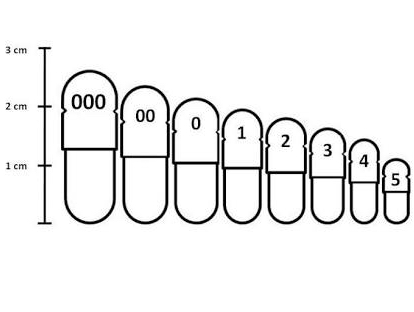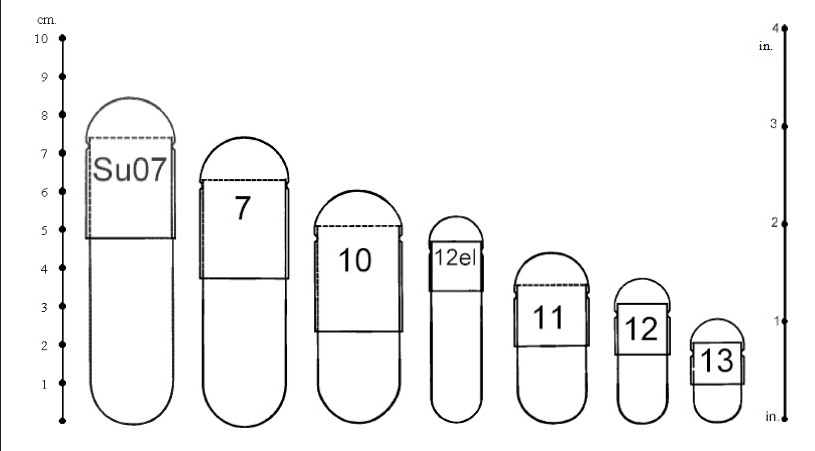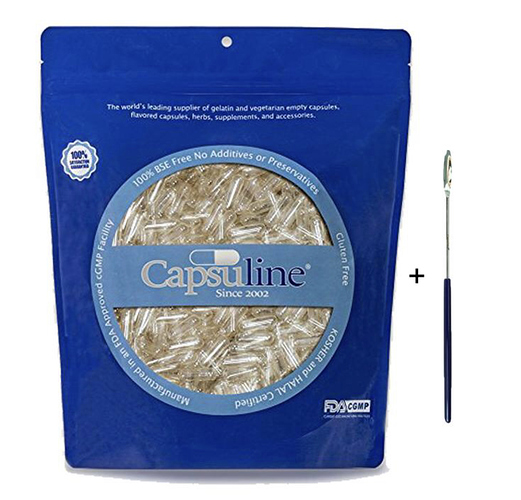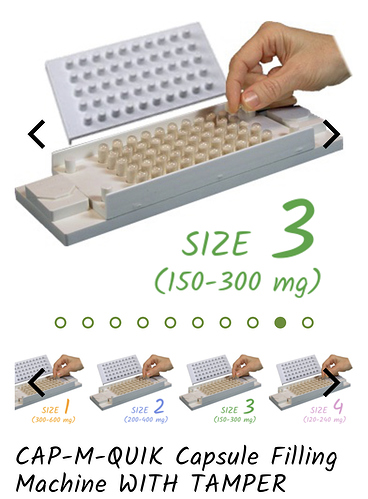Today marks 1 week of the Keto Diet and I decided to break it by having fries due to this scary heart rate I’m having that continues to fluctuate. I have an Apple Watch and I know it’s not 100% accurate but my resting heart rate is 80-110 . . If I get up to walk to the living room it quickly jumps to 130-170. I find myself having to catch my breath often. Has this happened to anyone else? I’m so bummed out about it cause I was looking forward to staying on keto long term. I wasn’t getting any cravings or hunger throughout my day like I usually would. I’m taking a multivitamin and a cup of bone broth daily as well. I visited urgent care and the nurse practitioner said she didn’t know enough about keto to advise me so she just said to stay away from coffee and quit the diet. 
Heart Palpitations and shortness of breath
Are you keeping your electrolyte & hydration status in check? I’m not sure one cup of bone broth is going to cut it.
I had some elevated heart rate issues when I slowly became dehydrated over the course of a very active summer - it kind of snuck up on me. I did not have shortness of breath though so I could be barking up the wrong tree.
Sounds like you’re dehydrated or lacking salt. If this is your first experience like this though, ever. It might be worth getting checked out.
We need 5 grams of sodium a day to stay healthy, quite apart from a ketogenic diet. The advantage of eating a lot of carbohydrate is that it makes the kidneys excrete salt at a slower rate. The rate speeds up to normal again when we cut out the carbs. Get 2-1/2 teaspoons a day of table salt (including the salt in food), and you should be fine. Drink to thirst.
If your heart rate doesn’t improve within a few hours of increasing your salt, see a doctor.
I’d suggest magnesium, too. But one week on keto is not a lot, and while I guess it’s possible for keto to cause so much loss of electrolytes to cause this, you were likely deficient to begin with.
What does your heart rate have to do with eating carbs?
When my heart rate shoots up, that is NOT the first thing I reach for.
Just curious why you are looking for reasons to self sabotage yourself so early on.
Because carbohydrates cause the kidneys to excrete salt at a lower rate, and the salt helps the body retain water, which helps keep the blood volume up, thus reducing the load on the heart.
Way, way, way easier than eating a bit more salt and drinking to thirst.
Self-Hypothesis:
With my transition into ketosis, the cells in my body and brain are partially using glucose and ketones for fuel and trying to split the differences so my brain is demanding more energy and my hypothalamus (HPA-axis) is placing more of a demand on my adrenal glands, kidneys, heart (rapid heart palpitations) and thyroid to survive which means I need to switch down a sprocket to counter the resistance? e.g. if I am riding a ten speed bicycle up a steep hill and I am using my legs to push the peddles using two big sprockets I am going to encounter a lot of resistance and my incline is going to be slow and sluggish as I try to push those peddles, eventually I will run out of fuel pushing those peddles and will have to stop and rest (adrenal fatigue) but if I press the lever to switch to the smaller sprockets then I’m not going to encounter that same type of resistance?
Then I have gut bugs (microbiome) who want to be fed something so they start sending those same hormones and signals that mess with my HPA-axis even more?
So what do I do? Besides being aware of my sodium, potassium and magnesium supplementation needs? And also adding in a little non-fortified brewers yeast or non-fortified nutritional yeast, wheatgrass powder and chia seeds in large gel caps!
I know there are 3 different types of carbohydrates:
-
Sugar
-
Fiber
-
Starch
Which one of these carbohydrates are going to stop my rapid heart palpitations and the POTS like tachycardia i.e. heart rate and blood pressure systolics and why is my hypothalamus putting such a demand on my other organs for energy? (because it is confused and perceiving a certain type of carbohydrate restriction as a threat to it’s survival or a flight-fight stress response; so adrenaline is continuously being released and how is that going to affect other hormones or create other stress hormones?)
Thus I am doing a ketogenic diet which means reduction of carbohydrates; but is eating some Type 2 resistant starch going to hurt my Ketogenic diet; NO, absolutely not, not even close if I eat (separately) some sticks of raw sweet potato or a green banana without any other type of carbohydrate meat or fat?
Types of Resistant Starch; Not all resistant starches are the same. There are 4 different types (2):
- Type 1: Is found in grains, seeds and legumes and resists digestion because it’s bound within the fibrous cell walls.
- Type 2: Is found in some starchy foods, including raw sweet potatoes and green (unripe) bananas . (THE KIND YOU WANT ON KETO!)
- Type 3: Is formed when certain starchy foods, including potatoes and rice, are cooked and then cooled. The cooling turns some of the digestible starches into resistant starches via retrogradation (3).
- Type 4: Is man-made and formed via a chemical process. …More
Footnotes:
[1] Microbiome, HPA axis and production of endocrine hormones in the gut: Abstract Recent accumulating evidence indicates that the gut microbiome can affect the development and regulation of the hypothalamic-pituitary-adrenal axis and behavior, with central integrative systems being crucial in the successful physiological adaptation of the organism to external stressor. In contrast, host-derived hormones increase the bacterial proliferative capacity and pathogenicity. In the gut lumen, this type of cross-talk between microorganisms and the host is presumed to be performed continually through various kinds of luminal molecules, as numerous types of bacteria and host cells are in close proximity in the gastrointestinal tract of mammals. We herein focus on bidirectional signaling between the gut microbiome and the host in terms of commensal microbiota affecting the hypothalamic-pituitary-adrenal HPA axis response and behaviors and further discuss the role of gut luminal catecholamines and γ-aminobutyric acid, both of which are presumed to be involved in this signaling. …More
For this fascinating and intriguing set up
If possible
Would you mind sharing the products/amount you use and the process please?
W the “capsules”
Kinda like a re loading shot gun “shells” back in the day
Got the Powders
The chia seeds are like the shot🤣
Oh, so long ago
So cool!
Or if discussed previously then the thread link 
Thank You
Lots of providers for gel caps world wide!
Different sizes of gel caps:

And spatula spoon option (from my experience very difficult):
And also a capsule tamper filling machine:
Oh wow
Thank You!
Endless possibilities
Time to put on the lab coat and safety glasses
Gotta run  ♂
♂

 this makes me so mad.
this makes me so mad.


